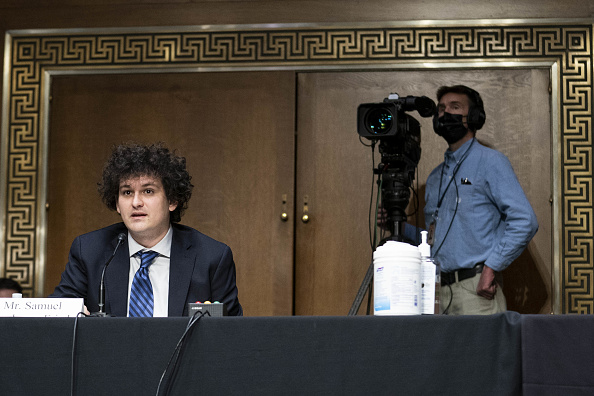Indigenous matters
MIT will be taking several new measures to support its Indigenous community and advance scholarship on the history of Native Americans and the Institute, President L. Rafael Reif announced in April.
In the spring of 2021, the Institute launched 21H.283 (The Indigenous History of MIT), a class that explores the ways MIT’s history intersects with the history of oppression Native Americans have faced. MIT’s third president, Francis Amasa Walker, served as US commissioner of Indian affairs in the 1870s and was a staunch advocate of the unjust reservation system. And through the Morrill Act, Massachusetts used proceeds from the sale of Native land to fund the Institute’s creation.
“These Indigenous people were killed for their land,” Alvin Harvey, SM ’20, an Aero/Astro PhD student and a member of the Navajo Nation, said in a presentation to a faculty meeting this spring. “As a land-grant college, MIT has an obligation to support Indigenous people and students.”
MIT is creating a tenure-track position in Native American studies, starting in 2023, and adding two new positions in the MLK Visiting Professors and Scholars Program, at least one of which will be allocated to an expert in Native American studies. For the next two years, the Institute will also support two graduate fellowships in the MIT Indigenous Language Initiative, a master’s program launched in 2003. MIT will also fund a study about Walker and his role. “MIT has a responsibility to unearth and shine a light on that history so that we may learn from it,” Reif wrote.
As David S. Lowry ’03, Distinguished Fellow in Native American Studies, who taught 21H.283 this year, told the faculty, facing hard truths “really creates the future of MIT, where we all, across communities, across disciplines, can begin to care for one another.”



